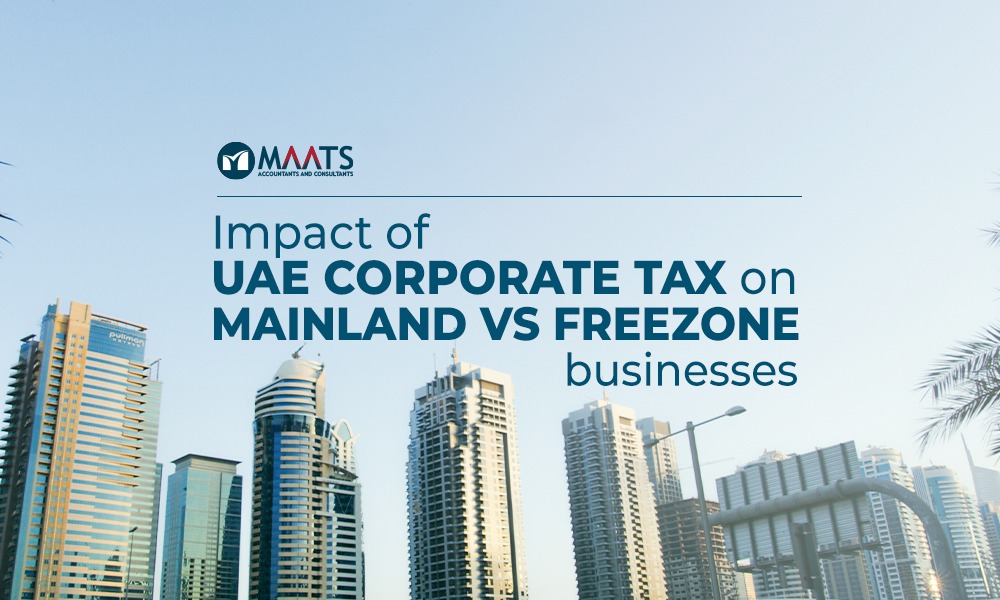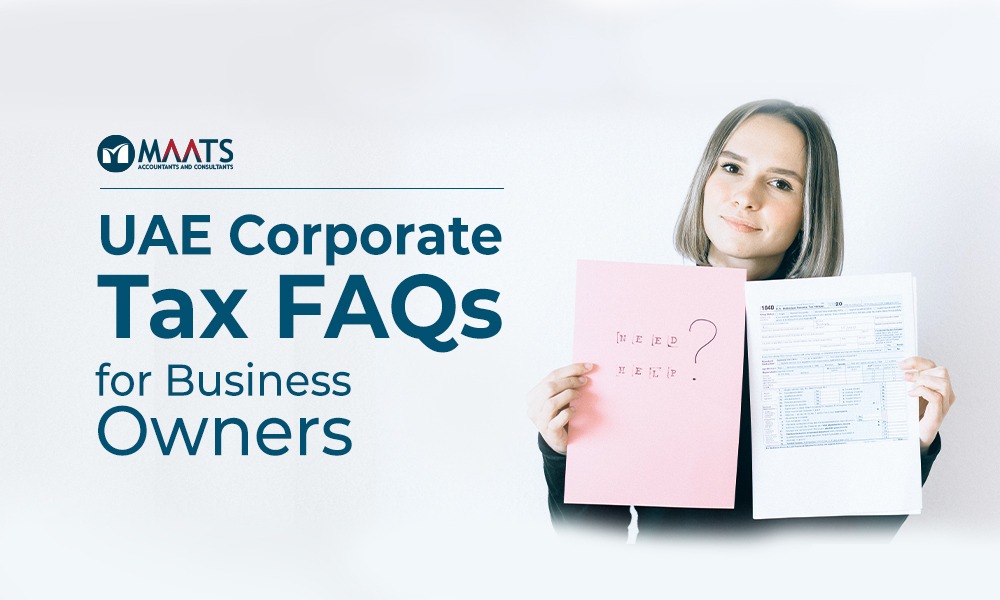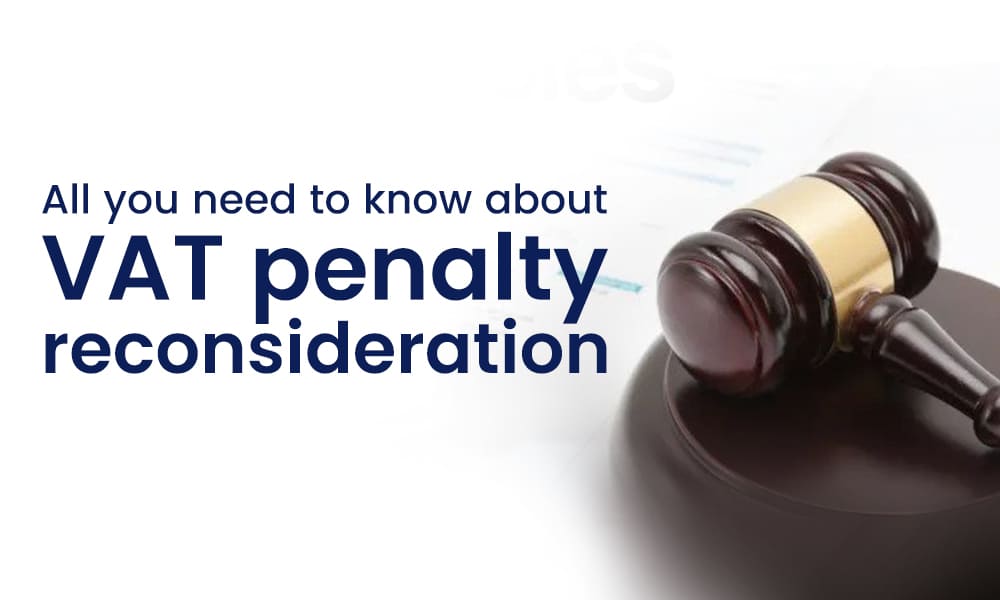What Is Financial Auditing? A financial statement audit involves performing a detailed evaluation of a company’s financial records. Regular financial statement audits are essential to every business – particularly those that are undergoing rapid growth – when it comes to tax planning, legal compliance, and the ability to develop an accurate budget. However, sifting through countless mountains of paperwork can undoubtedly put you behind schedule when you are trying to manage a business. While there are many reasons why your business may need a financial statement audit During a financial audit, a company’s accounting records and financial statements are examined. In the process, any issues are uncovered and documented in a final report. Sometimes the audit is carried out by an external auditor and sometimes by a committee within the company itself. External specialists know how to conduct professional financial audits and understand what to focus on. Internal audits are usually held in regular intervals, such as yearly or quarterly. What are the benefits of an audit? Audits can be incredibly beneficial to the growth of your company. A successful report can even help improve your credit rating and make you more eligible for financial business loans. It may even lead to lower interest rates and determine eligibility for certain types of loans which may be more difficult to apply for. You will also be able to prove to investors that your company is reliable and can be trusted. This is not only a benefit for potential shareholders but can also improve the image of your brand in general. By conducting an audit, you can promote accountability which will help employees be more organized and work more efficiently. Additionally, it helps you gain perspective and insights into problems and areas that could be improved. For businesses, it’s very important to be transparent and accountable. Financial audits are relevant to companies in all industries and can increase confidence and trust in your brand. It can even make your accounting easier since you will be motivated to organize your process better and be highly detailed when keeping records. Why Are Audits Necessary? An audit is important because it provides credibility to financial statements in your company. The credibility provided by an audit goes a long way to save you from many hassles and delays in the business world. The purpose of audits is to ensure that a company or business keeps accurate records and follows proper accounting principles. Audits assure shareholders that the accounting records presented in the financial statement are fair and accurate. In addition, with the help of audit reports, companies can improve their internal controls and systems. And, if your company is audited, it can increase your chances of improving cash flow through financing, investors, etc. (more on that later in the article). Reasons to audit your financial statements: Detecting and Neutralizing Fraudulent Activity: – Running a business and analysing your finances can be an overwhelming task. Paying attention to every detail of your daily operations while sifting through hundreds of documents can affect your company negatively. With so many tasks at hand, discovering possible fraud – and neutralizing it swiftly – can be difficult for business owners. A financial statement audit will allow you to have a detailed report on your finances. Having accurate information about every business decision over a set period places you in a better position to identify whether fraud has occurred, and if so, when and to what extent. Tying into the point above, a financial statement audit can help you boost your credibility with stakeholders and investors, demonstrating that your company is managing its funds vigilantly and appropriately. Expanding your Business: – Growth and profitability should be among the top focuses of any company. As your business expands and adds more branches or employees, so does the need for tight financial controls and efficient decision-making. A financial statement audit can help you determine the best courses of financial action to help your business continue its growth. If you are thinking about expanding your business, then you may need an audit that lets you know where your company stands financially – and where it can be improved. Timely and Accurate Information: – Information is a powerful tool that can be used to drive the future success of the company. In saying this, the information must be both timely and accurate. If the information received to make decisions is accurate, but a year out, to what use is the information? Conversely, if the information is timely, but incorrect, a misstep is likely. Our firm works with a lot of small and medium-sized companies and a common theme we find is that when management has no outside statutory requirements, the timely and accurate close of the books suffers instead of the day-to-day operations. We field calls all the time from companies looking for reviews or audits many months after the year-end because a requirement has suddenly come about. In many of these cases, the books are still not closed. Having an annual review or audit on the calendar each year sets precedence for management to focus on annual closings. It now becomes a bit of an annual report card for your accounting team. Management now knows that there is an expectation for timely annual information which hopefully results in timely monthly information throughout the year. Our firm also works with management to ensure financial statements are prepared by accounting principles generally accepted in the United States of America (“GAAP”). We find that many small to medium-sized companies prepare their financial statements on a cash basis. Firstly, this is not in compliance with GAAP and secondly, it does not provide ownership with the complete picture of what took place during the year and how it may compare with previous years. Also, many industry standards and ratios are based on GAAP reporting, therefore when ownership is comparing the results of its company to the industry, the results may be deceptive. A review or audit will take a look at the accrual-based accounting









